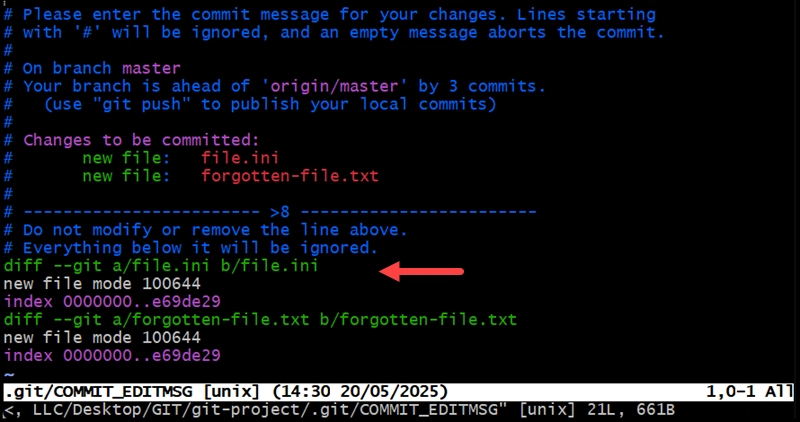Nothing screams “I don’t understand how systems work” quite like someone slapping artificial restrictions on a complex, interconnected ecosystem—and expecting it to thrive.
I’m not pointing fingers. (Okay, I am. But let’s call it code review for the economy.)
Recently, someone thought it’d be a genius move to jack up the costs of importing things we depend on. Because, you know, nothing boosts innovation like cutting off your supply chain at the knees. It’s like putting a tourniquet on your leg to improve circulation.
Now, take that same brilliant logic and apply it to software.
- Let’s firewall the CI/CD pipeline to prevent “risky” deployments.
- Let’s ban open-source tools because they’re “foreign code.”
- Let’s silo every department and force all communication through ticketing systems built in 2009.
- And while we’re at it, let’s make every developer submit their feature flag requests to an “Approval Board” that meets every other Tuesday. Unless it’s a holiday.
You laugh—but I’ve seen this happen. This does happen. People think control equals security, that barriers equal quality, that restriction equals strength. And they’re wrong. Every. Damn. Time.
Systems—whether they’re software, economies, or teams—need flow. Kill the flow, and you don’t get safety. You get rot. You get bottlenecks, brittle workarounds, frustrated engineers, and a mountain of tech debt held together by duct tape and Jira comments.
Worse, you get complacency. If the path of progress is blocked, guess what? People stop walking it.
Look, I’m all for protecting what matters. Code quality. Team sanity. National interests, even. But the second you start confusing obstruction with strategy, you’re just burning value to feel powerful.
That’s not leadership. That’s LARPing as a dictator because you couldn’t scale collaboration.
DevOps was literally created to tear down those internal tariffs between dev and ops. And it worked. Velocity skyrocketed. Incident response improved. Teams started owning their work from code to customer. Because we stopped pretending walls were wisdom.
So when someone comes along and says “We need to raise the barrier to entry,” I have to ask—what are you really afraid of? Competition? Transparency? Evolution?
Or are you just building walls because you have no idea how to build trust?
Artificial barriers don’t make systems stronger. They make them slower, dumber, and more fragile. And eventually, they break. Not with a bang, but with a slow, embarrassing whimper as people migrate to better, freer alternatives.
If you’re in tech—or anywhere, really—and you’re trying to lead, ask yourself:
Are you enabling flow? Or are you the human bottleneck disguised as a process improvement?
Because from where I’m standing, raising tariffs on tools, talent, or ideas only makes sense if your end goal is mediocrity.
⸻
Follow @hotfixhero if you’re tired of bad code, bad decisions, and fake leaders playing project manager with the world’s worst Monopoly strategy.
